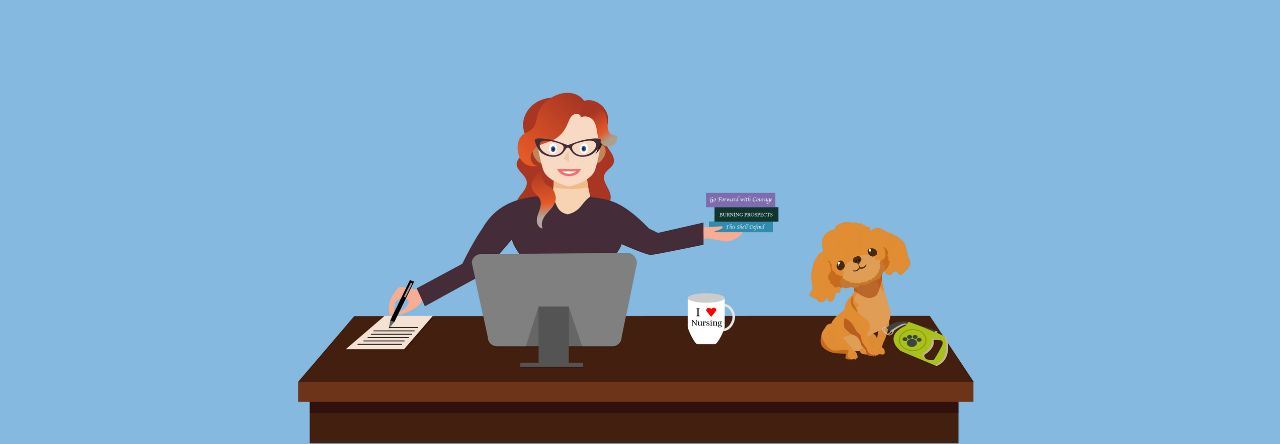
Reflection is an art that I wish I had learned in childhood. When you take time to reflect over a situation and think of ways that you handled it well or ways that you could have responded better, it is empowering. Instead of feeling as if “things just happened to you”, it makes you cognizant of how important your own choices are in the outcome of any given situation. So much “victim mentality” that tends to creep into the human psyche could be eliminated if we practiced reflection.
I had never thought consciously about reflection until I was in my Masters program in Education. For each lesson that we taught we had to submit a brief paper reflecting on what went well and what could have gone better. It forced me to be aware of what actions on my part had generated excitement in the students and encouraged learning to take place. And also what caused the students to be bored, restless or unable to meet the goals of the lesson. I took this with me into the classroom and found it to be very useful!
I don’t think the world at large encourages us to reflect on the events of our lives. When I taught school, I had something in my behavior management arsenal called a “think sheet”. Students were asked to complete the sheet and bring it back to me the next day with a parent signature. The sheet asked questions like, “What class rule did I break?” and “What could I have done differently to have avoided getting into trouble?”. Some of the kids really thought about it and were able to identify better choices that could have been made. Hopefully it helped them to avoid repeating the same mistakes later. But I had some parents who would insist that their child was the victim in a situation rather than a participant. We have to do better as a society of helping our kids learn to own their bad choices and accept the consequences of them. Even as adults, we could improve our outlook on life if we accepted more responsibility for the situations we find ourselves in.
I try to incorporate the reflective practice into my writing as well as my life in general. When I revise each chapter, I think about how it could be more descriptive or more vital to the plot. There are always ways to improve, and I am constantly striving to find those ways as I write. As a pediatric nurse there are times when I have to take the brunt of a parent’s frustration with the continual struggles of raising a child with chronic medical problems. Reflecting back on encounters that didn’t go well helps me to be more sensitive to their needs and also more proactive so that I can avoid such issues in the future.
What ways do you incorporate the art of reflection into your career or family relationships? I’d love to hear from you.
photo credit:http://commons.wikimedia.org/wiki/File:Tso_Kiagar_Lake_Ladakh.jpg#mediaviewer/File:Tso_Kiagar_Lake_Ladakh.jpg
